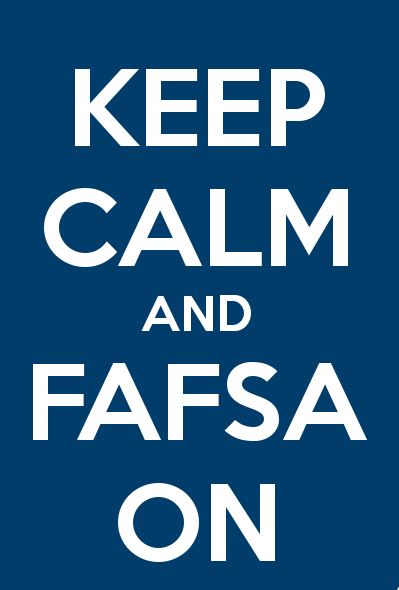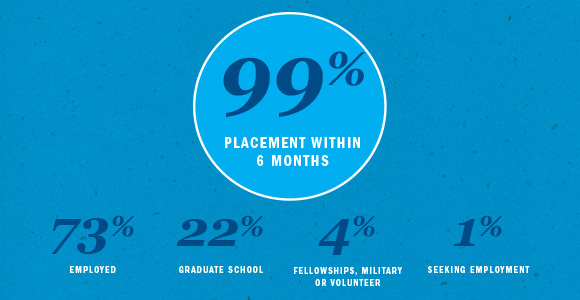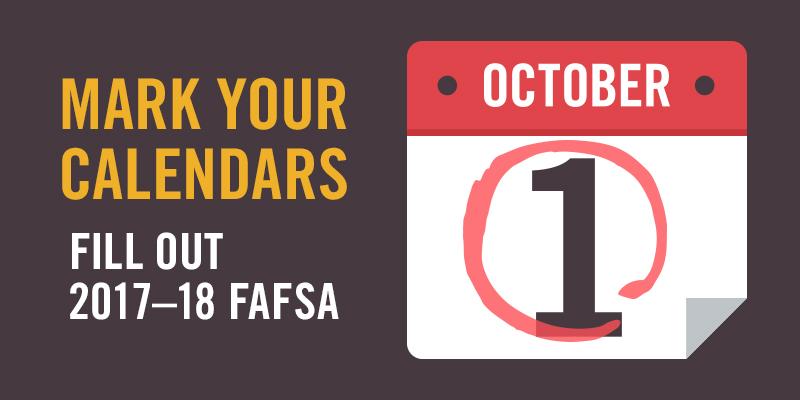But, to speak practically and as a citizen… I ask for, not at once no government, but at once a better government. Let every man make known what kind of government would command his respect, and that will be one step toward obtaining it.
-Henry David Thoreau, “Civil Disobedience” (1849)
Although the context may have been quite different 169 years ago when Thoreau crafted his manifesto about the role of government and the responsibility of its citizens, his words still resonate today, as we see increasingly active citizenship from all over the political spectrum.
In the wake of yet another school shooting, this time at Marjory Stoneman Douglas High School in Parkland, Fla., we are watching not men, but children—high school boys and girls— make known what kind of government would command their respect.
Some are walking out of classes, some are marching on their state capitols, and some are directly challenging federal lawmakers to hear what they have to say.
A number of students are facing suspensions from their schools in light of missing class. We understand that high schools must require classroom attendance from their students in order to ensure that they are receiving an education.
However, we also note that many of these students are applying in the real world what they are learning in their classrooms by engaging in civil disobedience of their own and demanding for “at once a better government.” They may not be old enough to vote—yet—but they are old enough to raise their voices and take action together.
This is the generation of students we are admitting to our universities.
These are the students we will prepare in our colleges to lead us.
…and they are not waiting until they graduate from college to start exercising those leadership qualities.
For students who have been suspended or who face the threat of suspension, fear not: we at Lawrence University will not change your admission or scholarship decision in light of a suspension related to this kind of peaceful civil action.
We support you now, and are eager to welcome you in the future as we work together to create a brighter future for you and the generations who will follow you.
Be well and do well.





